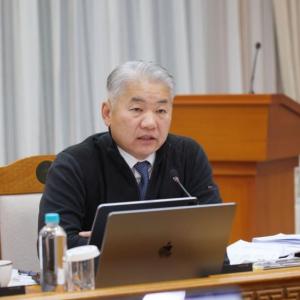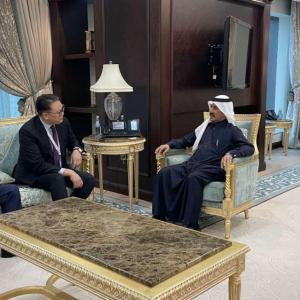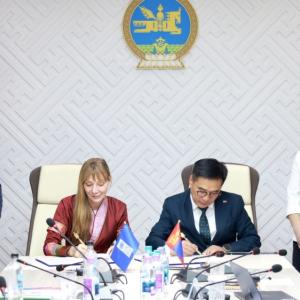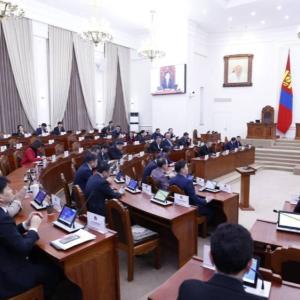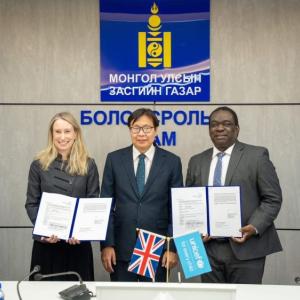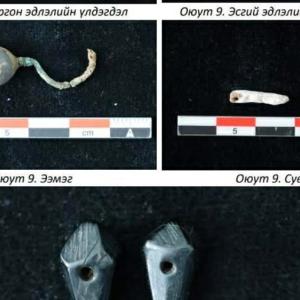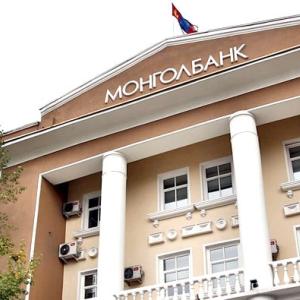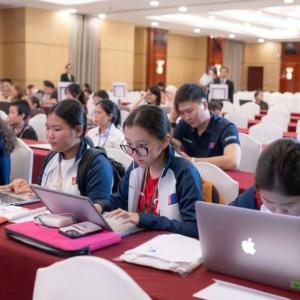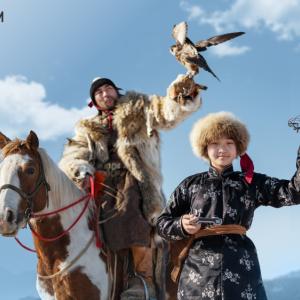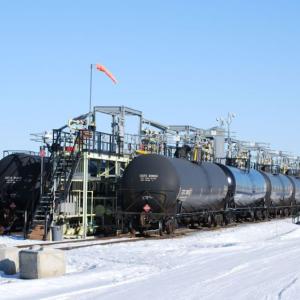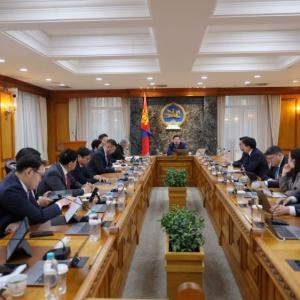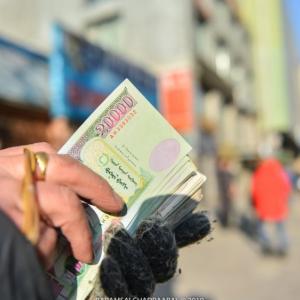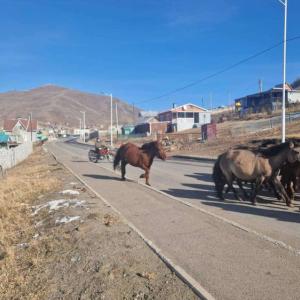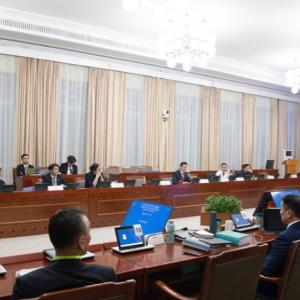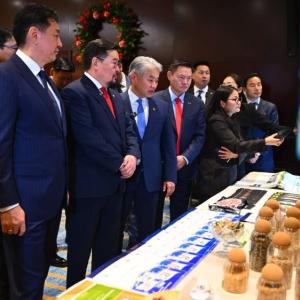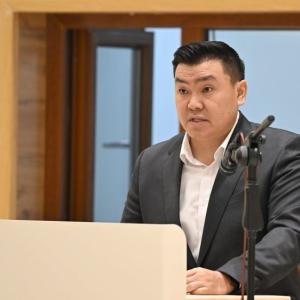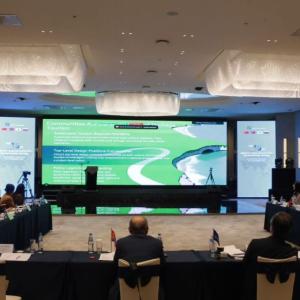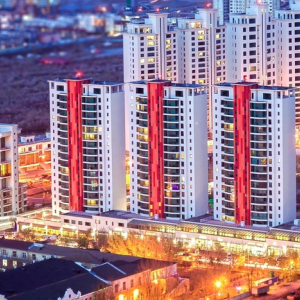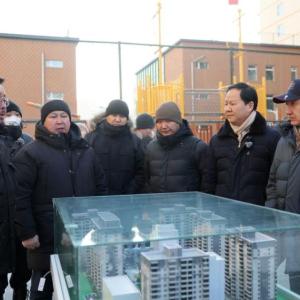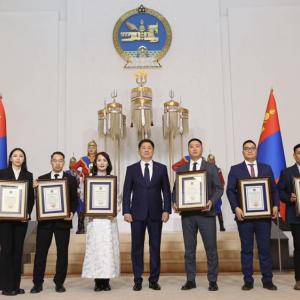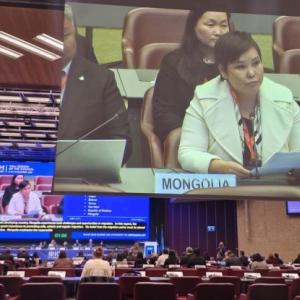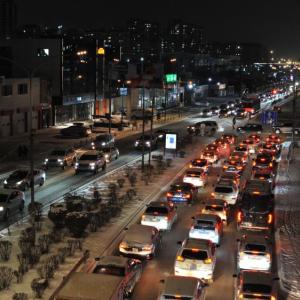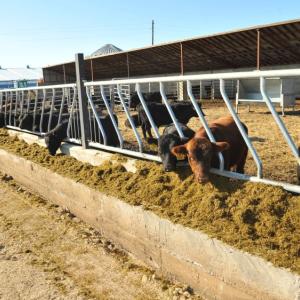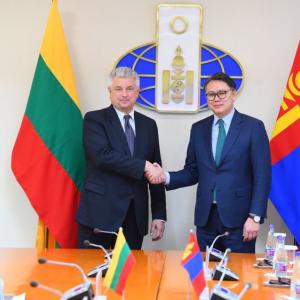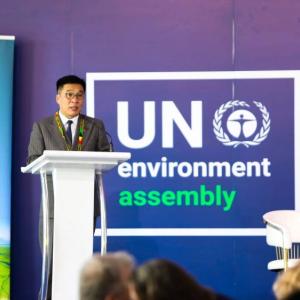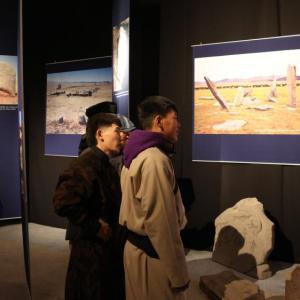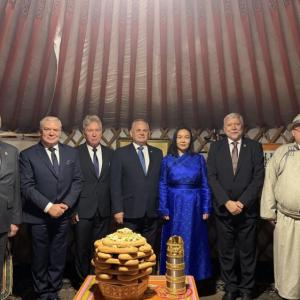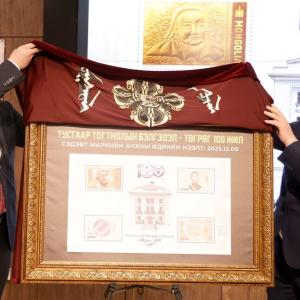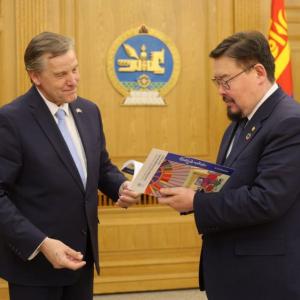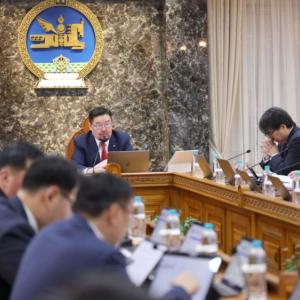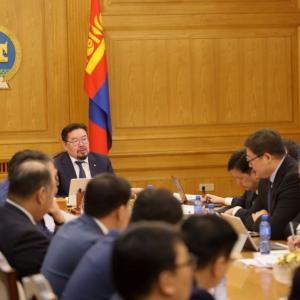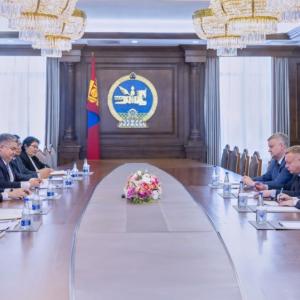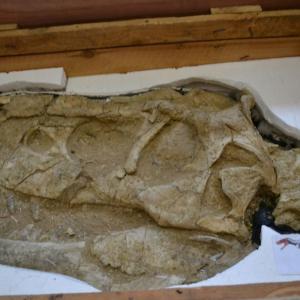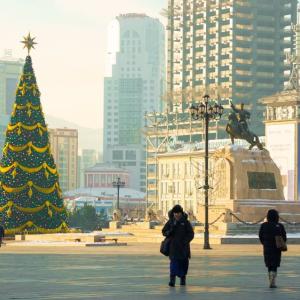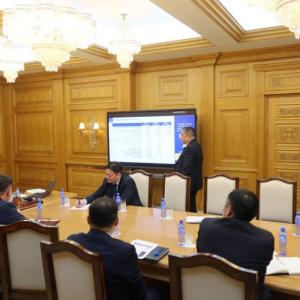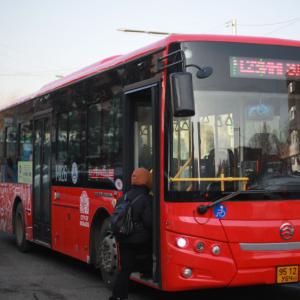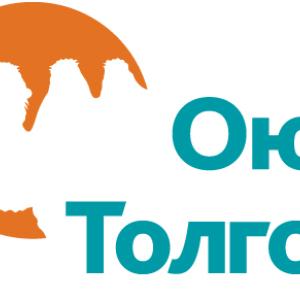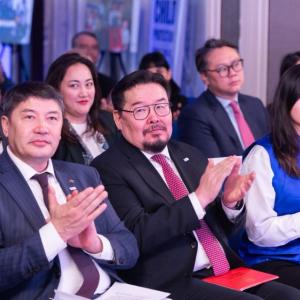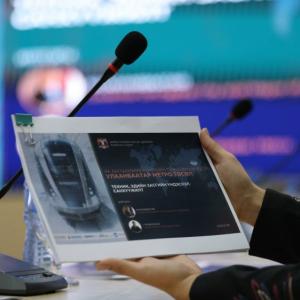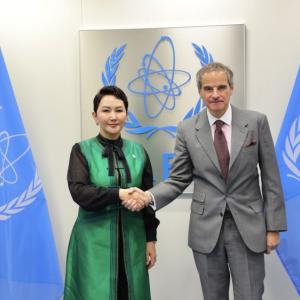Government of Mongolia in 200 days: Vaccine rollout accelerated
Politics
Ulaanbaatar/MONTSAME/. Today marks 200th day since the
formation of Mongolia’s new government. Mr. Oyun-Erdene Luvsannamsrai was
appointed as the Prime Minister of Mongolia on January 27 this year. Then, the
Government was fully formed as members of his cabinet took an oath of office to
the Parliament on January 29. Afterward, Prime Minister L. Oyun-Erdene presented
four key objectives of his Cabinet and started working accordingly.
All governments are facing a lot of challenges to recover economy, protect the health of the population and overcome the COVID-19 pandemic with minimum losses. The new government formed in January in Mongolia faced the challenges too. According to the researchers’ estimation, the COVID-19 pandemic caused three times as much economic difficulty as during the 2009 global financial crisis. Mongolia had prevented the spread of the COVID-19 among the community for ten months, but at last, we could not avoid this suffering. Vaccination of the population is greatly significant to overcome the pandemic. The Government considered that the prompt mass vaccination will create a possibility to reopen businesses and revitalize the economy. Therefore, the government set a goal to vaccinate about 2 million adult population of Mongolia and commenced a vaccine rollout officially on February 23 this year. Pfizer-BioNTech vaccine started being administered to children aged 16 and above on a voluntary basis since June 15 and children aged 12-15 from June 28 under the parental and guardian consent.
As of today, 2,218,058 people of Mongolia have received the first dose of Verocell, Sputnik-V, AstraZeneca and Pfizer BioNTech vaccines against coronavirus. Of them, 2,022,529 have gotten their second shots, raising the country’s vaccination rate to 62 percent. It means that Mongolia is placed 12th in the world with its percentage of fully vaccination population.
To curb the spread of the pandemic, the Government imposed the strict lockdown measures on February 11-23 and April 10-25, which was then extended until May 8. During the lockdown, a one-time grant of MNT 300 thousand was given to each citizen in order to intensify the immunization work, prevent financial difficulties and protect the income of households. With aims to intensify vaccine rollout, every fully-vaccinated person was given a bonus of MNT 50 thousand as a support for health, which became an effective step to financially support the citizens who had been in quarantine for months.
As the vaccine rollout was intensified amid the strict
lockdown, traffic movement in-and-out of Ulaanbaatar city was reopened from May
20, with relevant regulations issued two days later, which allowed those stranded
in the city to return homes.
Mongolia officially reopened its borders starting from June
1, which has allowed Mongolian citizens to travel to more than 10 countries
whose borders are currently open to foreign passengers, including Turkey, U.S.,
United Arab Emirates, Greece, Thailand, Indonesia, Brazil, Egypt and
India.
However, as a measure to prevent from COVID-19 infections, the
Government made a decision to postpone this year’s National Naadam Festival.
Despite the earlier plans to organize the event without the audience, the
Ministry of Health and scholars made the conclusion that it would gather some
12,000 people, creating the risk for about 3,000 people to become infected. Thus,
in support of the State Emergency Commission’s suggestion, the Cabinet decided
to postpone the event until next year.
 Ulaanbaatar
Ulaanbaatar








